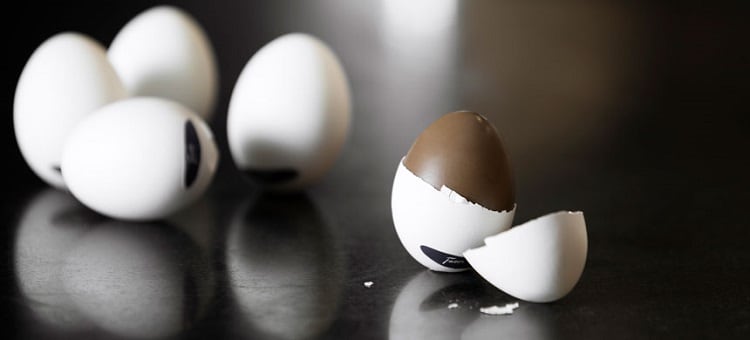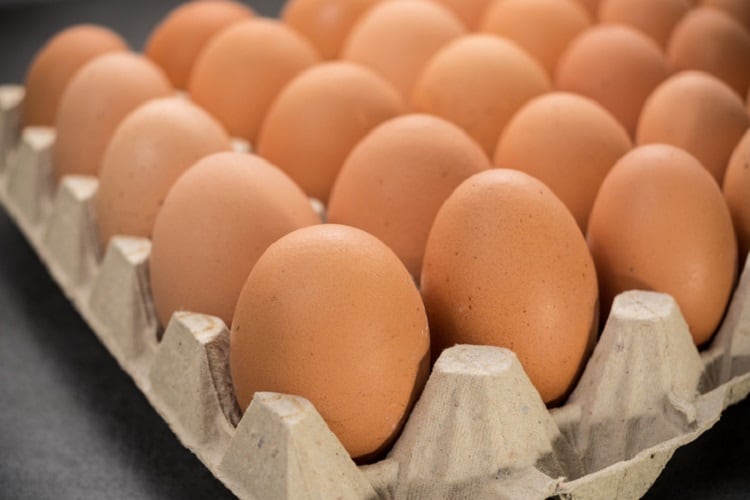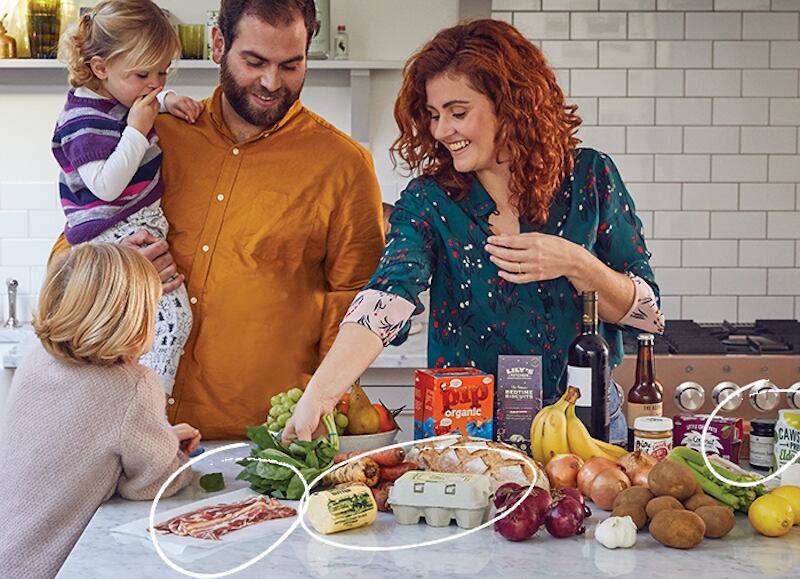Fazer Group, which has operations in bakery; confectionery; biscuits and grains; plant-based meals; non-dairy products; on-the-go food and drinks; and food and café services, has vowed to eliminate cage eggs from its supply chain.
The pledge concerns Finland, Sweden, Norway, Denmark, Latvia and Lithuania, where the company says it will use 100% cage-free eggs by 2024.
The firm will be held accountable by tiered objectives of a minimum 30% share of cage-free eggs by 2020, and 70% by 2022. Fazer does not predict any cost differentials in moving from cage to cage-free eggs to alter prices for consumers.
According to the company, the commitment to use cage-free eggs will cover all aspects of its business. As such, a more detailed target setting will be published for the Russian market late this year.
“[The 2024 goal] is realistic, but there are of course challenges,” Fazer Group sustainability director Nina Elomaa told FoodNavigator.
“It is [important] to understand that Fazer as a company uses different types of egg products and not just eggs as shelled eggs. We also use egg powders; we even use eggs shells to produce our very special Mignon chocolate eggs for Easter, so there are very different products that we use when it comes to eggs.

“Some of [our egg products] are easier to get as cage-free, and some of them are going to be a little bit more difficult.”
‘We set the target in collaboration with our suppliers’
For Fazer, becoming ‘cage-free’ requires a close working relationship with suppliers.
“…We have set the target in collaboration with our stakeholders, and have been [in discussions] with our suppliers. That is why we believe it is possible to reach the target.”
Since the European Commission banned battery-caged eggs under Directive 1999/74/EC in 2012, laying hens must have at least 750 cm² of cage per hen, or live in an alternative system where stocking density does not exceed nine laying hens per m² of usable area.
Implementing ‘enriched cages’ – whereby laying hens have at least 750 cm² per hen – proved financially demanding on many egg producers. “[Suppliers] made a lot of investments…and are still paying for those investments,” said Elomaa.
“That is also the reason why we can’t be more ambitious,” she continued.
Working with suppliers towards a cage-free goal ensures a sustainable solution, according to Fazer. “It is not a sustainable solution if we push the suppliers [towards cage-free practices so quickly] that they are not able to continue with their business.”
The push to go cage-free
The effort falls in line with Fazer’s commitments to sustainability, and in particular its core goal to be 100% sustainable sourced.
While Elomaa told us the firm had received some questions from consumers regarding its egg supply, and was in dialogue with animal rights organisations in the lead up to its pledge, the pressure to go cage-free came largely from Fazer’s shareholders.
“We are a family owned company, so the push comes more or less from our shareholders – which is the Fazer family. They have a huge interest in sustainability.”
“We congratulate Fazer for a good decision. It is significant and will affect the well-being of millions of hens in the Nordic and Baltic countries. By this decision, Fazer takes a huge step forward in the responsibility of animal-affairs. Of course, we hope that the timetable for Russia will be completed soon and that it will be as ambitious as the Nordic one” – Juhis Ranta, corporate outreach manager, animal right group Oikeutta Eläimille.
“I hope this encourages other food manufacturers to also go cage-free. And I hope [they do so] in close collaboration with egg producers, that [they] can make the steps together towards more sustainable egg production,” said Elomaa.
The announcement marks the firm’s latest effort towards a 100% sustainably sourced supply chain. Fazer Food Service in Denmark has been using 100% organic eggs since the beginning of 2018, and in Sweden, all eggs are already cage-free. 38% of them are organic.
The 2019 target for cage-free eggs in Fazer Food Services Finland is 40% of its total volume.




